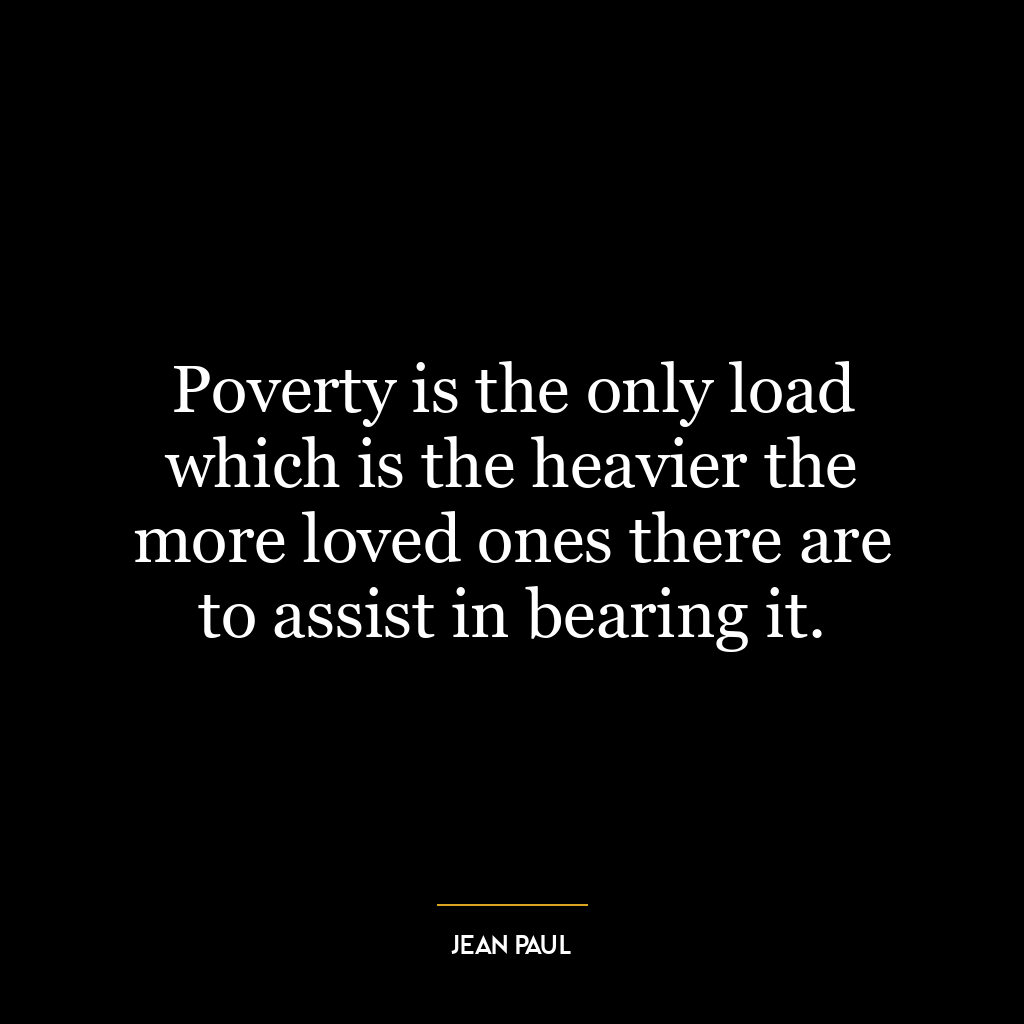Always, always, always believe in yourself, because if you don’t, then who will, sweetie? Explain
This quote exudes a profound message about self-belief and self-confidence. The repetitive use of the word ‘always’ underscores the importance of unwavering belief in oneself, regardless of the circumstances. It highlights the fact that before others can believe in us, we must first believe in ourselves. Self-belief is the foundation upon which others’ belief in us is built.
The question, “if you don’t, then who will, sweetie?” emphasizes the idea that if we don’t have confidence in our abilities, it’s unlikely that others will. It’s a gentle reminder that the world reflects what we project. If we show doubt in ourselves, it invites others to do the same. Conversely, if we demonstrate belief in our abilities, it encourages others to believe in us too.
In the context of today’s world, this quote’s relevance is even more pronounced. We live in a highly competitive society where it’s easy to fall into the trap of comparing ourselves to others. This can lead to self-doubt and a lack of confidence. However, by cultivating a strong belief in ourselves, we can counteract these negative effects.
In terms of personal development, self-belief is crucial. It’s the driving force that propels us to take risks, step out of our comfort zones, and strive for success. It gives us the courage to pursue our dreams and ambitions, and the resilience to bounce back from setbacks. Without self-belief, we may find it difficult to progress and grow as individuals.
In essence, this quote is a powerful reminder of the importance of self-belief. It encourages us to always have faith in ourselves, for it’s the key to unlocking our potential and achieving our goals.











